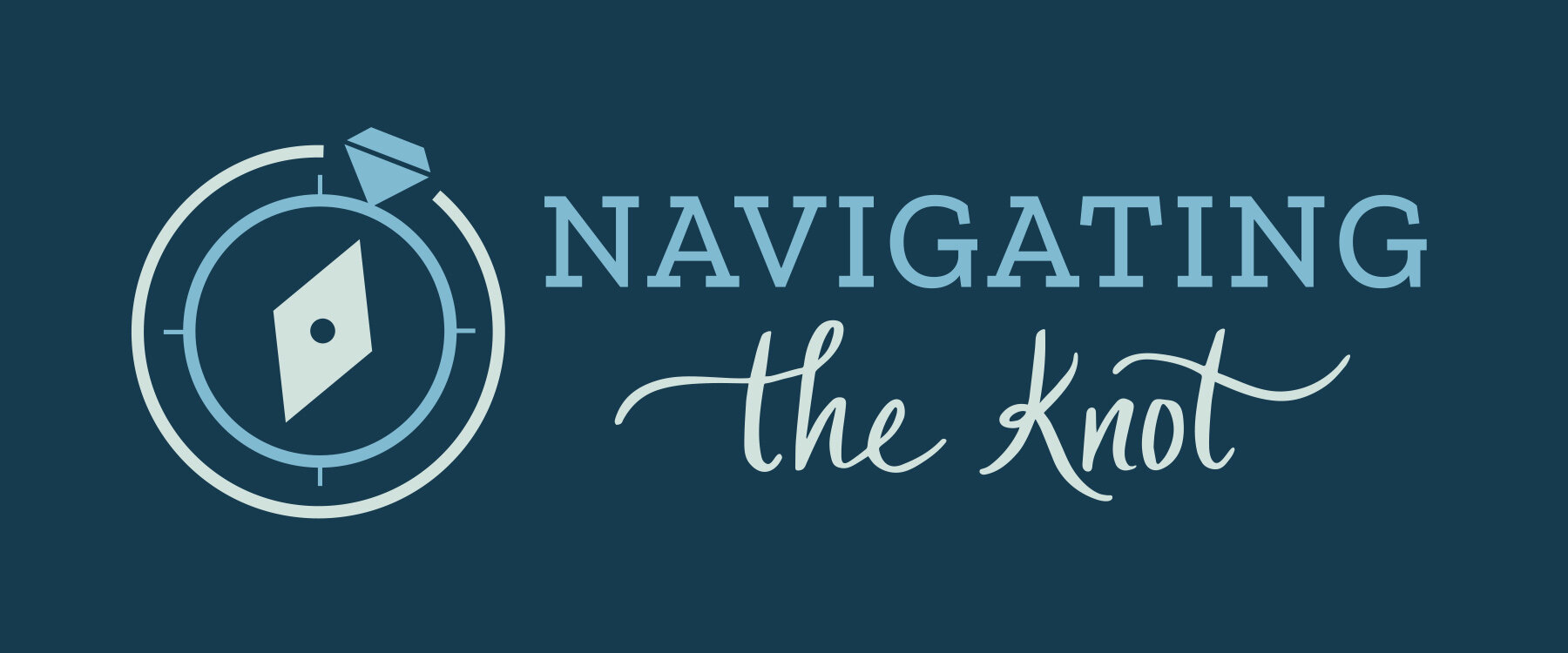Our Problematic Obsession with Possession
Have you ever noticed how much we seek to possess the things around us?
Sure, there’s that nagging itch we sometimes feel to rid ourselves of rent and spring for a mortgage. And yeah, there’s usually an item we’d like to add to our wardrobe or some latest/greatest gadget we’ve been dying to acquire.
But what really piques my interest are some of the less apparent things that we endeavor or feel entitled to “own” in one sense or another.
Like other living things, for instance - such as plants, pets, or sometimes the people we love. Or our ideas and the manifestation of those ideas, which has prompted us to carve out an entire area of the law (intellectual property) to aid in their protection.
Increasingly, we even look to capture and own our experiences in the form of photos or video clips and attempt to control how others view us by sharing curated versions of our lives on social media.
This isn’t to say that we necessarily have sinister intentions though.
More often than not, I don’t think we consciously realize we’re seeking to possess the things around us. It just seems to be a common tendency of ours - one that I believe there’s value in recognizing due to the unhappiness it creates within us. (But more on that later).
Why do we have this tendency in the first place?
On the one hand, our draw toward possession is rather logical in light of our cultural history. Wealth, in the form of ownership of assets, has historically been associated with power. And, generally speaking, power is evolutionarily advantageous. So perhaps it’s not surprising that we would incorporate possession into our value structures over time.
Yet, this obsession we have with possession also presents itself in some subtler ways that aren’t as clearly explained by our history textbooks.
For instance, humans typically don’t respond well to change. Periods of transition tend to spark anxiety within us.
And why is that?
In part, it’s because we’ve come to feel a sense of ownership over the moments in our lives - as if by experiencing them, we’ve somehow earned the right to possess them.
But moments aren’t merely something that we experience; they’re something we create by filtering reality through our own unique lens. Not only do we most often see what we want to see, but an additional filter gets layered on as we also choose to remember what we want to remember, and how we want to remember it.
We package up our memories - pairing them with sounds, scents, flavors, sensations, and visual recollections - sometimes even memorializing them in the form of photographs or other media. And, regardless of their form, we cling to them tightly, as if they’re a part of us.
We cherish our memories, like precious stones we’ve amassed over time. We hold fast to them, afraid they’ll slip from our grasp.
And we romanticize our memories - romanticize the past. Even if the past was awful, painful, unbearable. We still somehow manage to locate a silver lining. To take pride in how those moments hardened us, shaped us. To fondly recall the suffering we went through in light of its juxtaposition to our present comfort.
We feel entitled to possess and remember our experiences. To the extent that, when we begin to forget something or misplace a memory, we react by feeling fearful and frustrated.
Why is it that we strive to capture and own these more subtle things, like the moments we experience in our lives?
Personally, I believe that we pursue possession because we crave control.
Certainty and control are core human needs. We desire some degree of certainty because it serves to ease our anxiety, making us feel more comfortable in the world around us.
Unfortunately however, certainty and control are both illusions. We “possess” neither. In actuality, everything is impermanent and beyond our control. And the more we try to deny that fact and control the world around us, the more miserable we tend to become as we inevitably repeatedly fail at that pursuit.
This is why our quest to possess so many of the things in our lives often leaves us feeling unhappy and unfulfilled.
If we instead were to let go of the idea (and, for some, the ideal) of possession - particularly around our own memories and around the other people in our lives - we could free ourselves to revel in the present moment and to focus on what truly matters: the here and now.
Maybe if we allowed ourselves to embrace reality - both the present moment and the philosophical reality of impermanence and uncertainty - we’d find true peace and be much happier than we are when striving to possess everything around us.
Or maybe, in the end, our problem isn’t actually our fixation on possession so much as it is an issue with the particular things that we seek to possess.
Maybe the flaw in our focus is that it’s been external when instead it should’ve been internal. Perhaps it’s simply self-possession that we should be aiming to achieve.
—
Kim West is the Founder of Navigating the Knot, a company she built to assist and empower clients on either end of marriage. Kim (JD, MBA) is a Consultant, Certified Coach, & Certified Divorce Specialist (CDS) who offers her services nationwide. To learn more, follow her on Facebook or Instagram.
To schedule a free consultation call with Kim, sign up here: https://calendly.com/navigatingtheknot/freeconsultation

